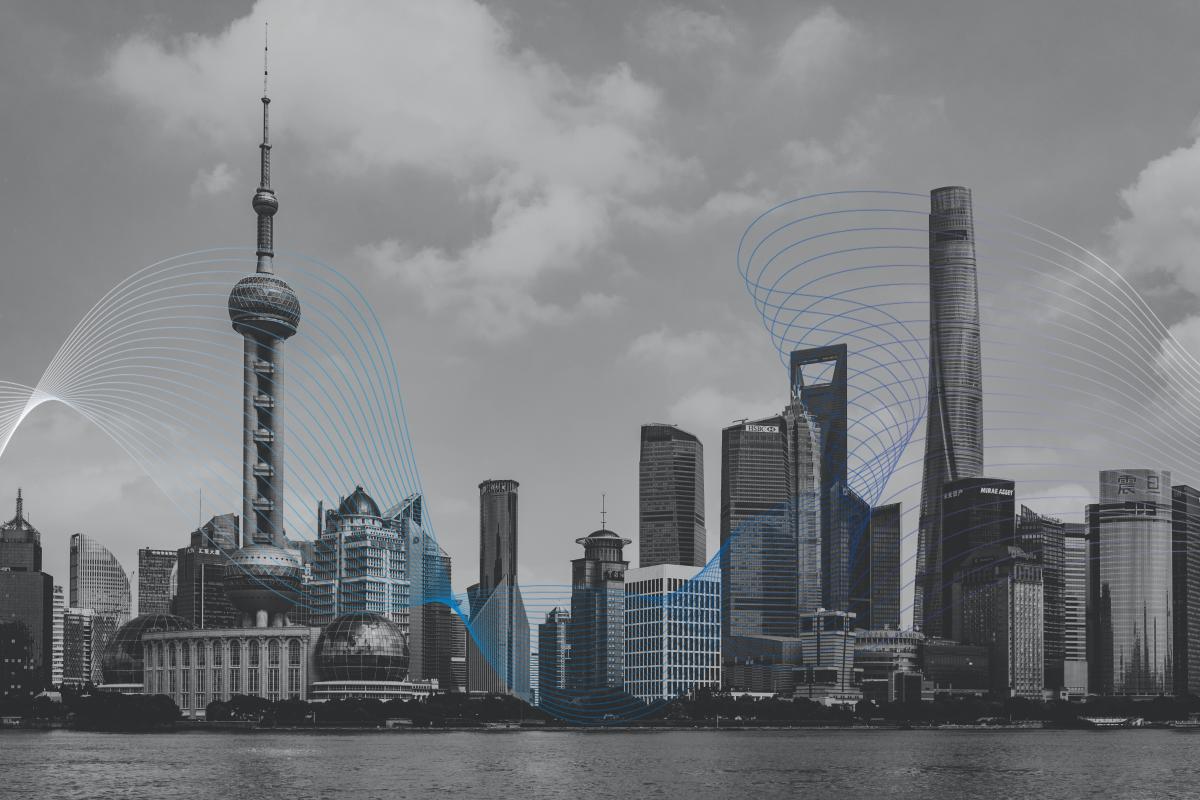A version of this post appeared in The Japan Times.
The Edelman Trust Barometer launched 18 years ago following the “Battle for Seattle,” a protest activity around the World Trade Organization conference in Seattle in 1999. The appearance of 40,000 protesters in the streets and until then unseen influence of nongovernmental organizations (NGO) led us to believe that something was going on with the trust in NGOs.
Over the years, we have become more convinced about the importance of trust. In modern society, we delegate important aspects of our well-being to these four institutions of business (economic well-being), government (national security and public policy), media (information and knowledge) and NGOs (social causes and issues).
In order to feel safe delegating important aspects of our lives and well-being to others, we need to trust them to act with integrity and with our best interests in mind. Trust, therefore, is at the heart of an individual’s relationship with an institution and, by association, its leadership. If trust in these institutions diminishes, we begin to fear that we are no longer in safe, reliable hands. Without trust, the fabric of society can unravel to the detriment of all.
The most striking finding of this year’s survey was the polarization of trust. In past years, we have generally seen swings in trust in response to economic circumstances or key events. For instance, trust by Japanese in Japan’s institutions collapsed following the 3-11 triple disaster and has failed to revive to any significant extent since. However, this year, the global data suggests a decoupling from economics or key events in the trust profile. In addition, trust swings tended to be in one direction. This year we see a polarization with trust rising strongly in some countries but falling dismally in others.
Within Asia, we are also seeing a degree of polarization. Looking at the Trust Index, which is an average of the trust in the four institutions, shows high levels of trust in China, Indonesia and India, solid trust in Singapore and Malaysia. We might call these countries “New Asia.” Oppositely, the people of “Old Asia,” made up of Hong Kong, South Korea and Japan, are net distrusters of their institutions.
The Trust Index in Japan hovers at a miserable 37 percent, which means that around only one in three Japanese have trust in the four institutions to do the right thing. Among the informed public, Japanese trust in media fell eight points to 37 percent. Trust in government is down six points to 47 percent, trust in business is down three points to 52 percent. Trust in NGOs rose two points to 46 percent. Among informed publics, business is the only institution trusted by more than half the population.
The situation is even more dire among the general population, with trust in media at 32 percent, government at 37 percent, and business at 42 percent. Trust in NGOs saw a significant rise of six points to 37 percent, making NGOs now trusted equally with government, albeit by only one-third of the population.
But how is Japan viewed from the outside world? Trust in companies headquartered in Japan, a surrogate or “Brand Japan” unfortunately declined in 18 of the 28 countries surveyed. Although trust in Japanese companies increased in the major markets of U.S. (+3 to 54 percent), China (+3 to 48 percent) and the largest jump was in Korea (+9 to 44 percent). There can be no doubt that the “quality issues” experienced by many Japanese companies in recent years, and particularly in the second half of last year, have taken their toll on trust in Brand Japan.
Whether it be trust in Brand Japan or trust in their own institutions by Japanese, the trust story in Japan does not paint a pretty picture, particularly if we accept that high trust in a country allows it to pursue innovation and reform in a more dynamic and energetic way. Wallowing in low trust and stuck in “Old Asia” are shackles on Japan’s ability to move forward and assume a leadership role, as we see the power shift vacuum being vacated by the U.S. and filled by China.
It is time for Japan and its companies to move beyond a narrative that relies on “monozukuri” manufacturing quality. Not only is it an impaired narrative, given the recent mistakes of some companies, it is also a narrative for which there is incredible competition from rising economies such as China and key competitors such as South Korea. Additionally, in a world where objective facts are being replaced by relative truths, quality is becoming increasingly difficult to articulate, validate and sustain.
Japan’s corporations are trusted the most at home; while trust in Brand Japan has fallen it is still relatively high among its competitor countries. Fifty-three percent of Japanese people say they want Japanese CEOs to take the lead in change. Seventy-two percent of Japanese expect CEOs to be doing things that build trust in their company.
This is a great opportunity for Japanese corporate leaders to start articulating to the world the benefits their companies bring to the global society. No, let me correct that. This may be the last opportunity for Japanese corporate leaders to step up to the plate and take a stance to ensure Japanese businesses play a leading in the world of the future.
Ross Rowbury is president and CEO, Edelman Japan.




